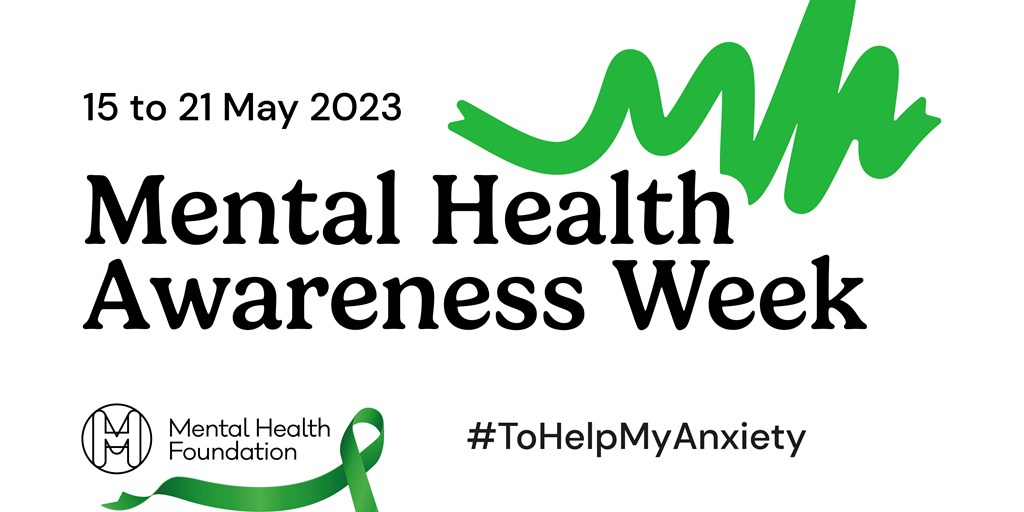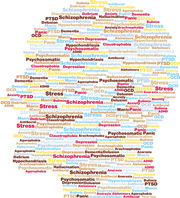Mental Health Awareness Week

Mental health is your emotional, psychological and mental well-being. It affects how you think, feel and behave.
For many people, it can be hard to talk about their mental health problems. This can make them feel isolated and alone.
“It is not the strongest of the species that survive, nor the most intelligent,
but the one most responsive to change.” - Charles Darwin
Mental health is a subject that is often discussed in the media but rarely within the education sector. This is not surprising as there are many barriers to effective mental health support in schools. These include:
- The stigma around mental health issues;
- The fact that teachers and teaching assistants often feel responsible for their own and others' wellbeing;
- Lack of time for reflection and development;
- Lack of funding for training and support;
- The lack of knowledge about mental health issues within the sector;
- A reluctance to seek help due to fear of stigmatisation or discrimination;

As teachers and teaching assistants, we are constantly adapting to change. Working in education can be very stressful. The classroom environment is ever-changing and we must learn to cope with this. You have to deal with a wide range of issues from discipline to behaviour management and from different learning styles to helping students with special educational needs. Sometimes it can be difficult for us to deal with these changes and so it is important that you're able to manage your mental health in order to help the children in your classroom.
Here are some tips on how you can do this:
- Take breaks when needed
- Eat healthy snacks and meals and drink plenty of water
- Get enough sleep (at least 7 hours)
- Exercise regularly
Take time out from your busy schedule and have a break from it all every now and again. This may mean going somewhere where you can relax away from your normal routine. You might like to go for a walk in nature or visit a local café or park. It could also mean doing something completely different like going on holiday or spending time with family and friends.
Exercise can also help improve your mental health by boosting serotonin levels in your brain which helps improve sleep patterns and feelings of depression and anxiety. Taking part in physical activity such as walking, swimming or cycling helps reduce stress levels which may cause symptoms such as headaches, back pain or muscle tension.
If you find yourself feeling down or anxious about work or life in general, talk to someone about it. It can make all the difference to how you feel and it can help you feel better, faster.
Mental Health Awareness Week runs from 15th to 21st May 2023. Click here to find out how you can get involved or find support for your own mental health. Further information can also be found on the NHS website.
Mental Health CPD Training
If you want to find out more about supporting students’ mental health then Axics offer a free CPD accredited course for all our registered candidates: Student Mental Well-Being - Training for Teachers & Staff 2022/23. The aim of this course is to support schools and staff in their understanding of policies and procedures around the mental well-being of children and young people. The course provides you with information regarding good practice on how schools should address the situation of pupils with mental health issues. To enrol please just email our Candidate Training team.
Are you looking for SEND staff or work?
If you're looking for a SEND teaching or support job in England or Wales, why not register with Axcis, the SEND recruitment specialists? Or perhaps you need to recruit staff for your school or provision? If so, why not take a look at the Axcis Website, or get in touch today to find out how we can help?
